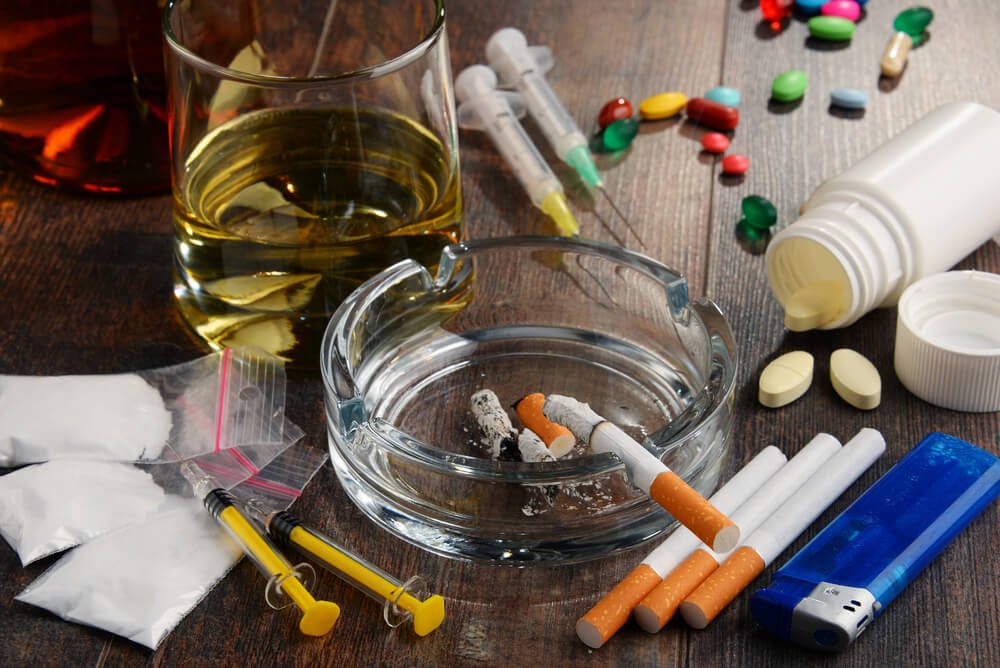
Introduction
Substance abuse and addiction are complex and multifaceted issues that affect millions of individuals worldwide. Whether it’s alcohol, prescription medications, or illicit drugs, the misuse of substances can have devastating consequences on physical health, mental well-being, relationships, and overall quality of life. In this article, we will delve into the causes, effects, and treatment options for substance abuse and addiction, aiming to shed light on this pervasive problem and offer hope for recovery.
Defining Substance Abuse and Addiction
Substance abuse refers to the harmful or hazardous use of psychoactive substances, including alcohol and drugs, leading to negative consequences on physical, mental, and social well-being. Addiction, on the other hand, is a chronic, relapsing brain disorder characterized by compulsive drug seeking and use, despite harmful consequences. It is often accompanied by tolerance, withdrawal symptoms, and an inability to control drug use.
Causes and Risk Factors
Substance abuse and addiction result from a complex interplay of genetic, environmental, and psychological factors. While genetics can predispose individuals to addiction, environmental influences such as peer pressure, trauma, stress, and exposure to substance use can also play a significant role. Mental health disorders, such as depression, anxiety, and trauma-related disorders, frequently co-occur with substance abuse, contributing to its development and exacerbation.
Effects of Substance Abuse and Addiction
The effects of substance abuse and addiction extend far beyond physical health, impacting virtually every aspect of a person’s life. Physically, substance abuse can lead to organ damage, cardiovascular problems, infectious diseases, respiratory issues, and overdose-related deaths. Psychologically, addiction can cause mood disorders, cognitive impairment, psychosis, and an increased risk of suicide. Socially, substance abuse can strain relationships, lead to legal problems, financial difficulties, and social isolation.
Treatment Approaches
Treating substance abuse and addiction requires a comprehensive and individualized approach that addresses the biological, psychological, and social aspects of the disorder. Treatment may involve a combination of the following approaches:
Detoxification:
The first step in addiction treatment involves safely managing withdrawal symptoms under medical supervision. Detoxification helps cleanse the body of drugs or alcohol and prepares individuals for further treatment.
Behavioral Therapies:
Various behavioral therapies, such as cognitive-behavioral therapy (CBT), motivational interviewing, contingency management, and dialectical behavior therapy (DBT), are effective in helping individuals modify their attitudes, beliefs, and behaviors related to substance use.
Medication-Assisted Treatment (MAT):
MAT combines behavioral therapy with medications, such as methadone, buprenorphine, or naltrexone, to alleviate cravings, prevent relapse, and stabilize brain chemistry in individuals with opioid or alcohol addiction.
Support Groups:
Participation in support groups, such as Alcoholics Anonymous (AA) or Narcotics Anonymous (NA), provides individuals with peer support, accountability, and a sense of community during the recovery process.
Dual Diagnosis Treatment:
For individuals with co-occurring substance abuse and mental health disorders, integrated treatment that addresses both conditions simultaneously is essential for long-term recovery.
Holistic Therapies:
Complementary and alternative therapies, including mindfulness meditation, yoga, acupuncture, art therapy, and equine therapy, can complement traditional treatment approaches and promote overall well-being in recovery.
Aftercare and Relapse Prevention:
Continued support and monitoring through aftercare programs, sober living environments, and ongoing therapy are crucial for maintaining sobriety and preventing relapse in the long term.
Conclusion
Substance abuse and addiction are complex and challenging disorders that require compassionate, evidence-based treatment approaches to overcome. By understanding the underlying causes, effects, and treatment options for substance abuse and addiction, individuals can break free from the cycle of dependency and embark on a journey of recovery and healing. With proper support, encouragement, and determination, recovery from substance abuse is possible, and a fulfilling life of sobriety awaits on the other side.

